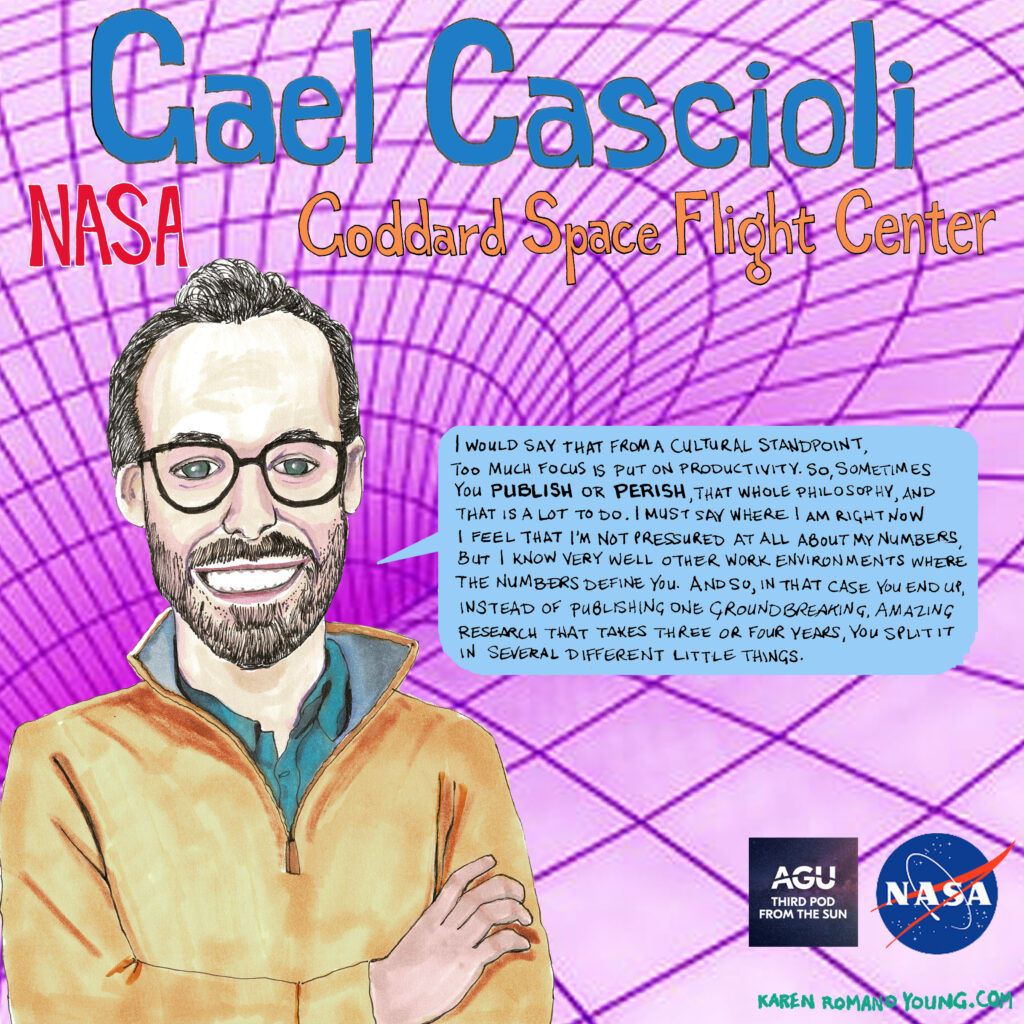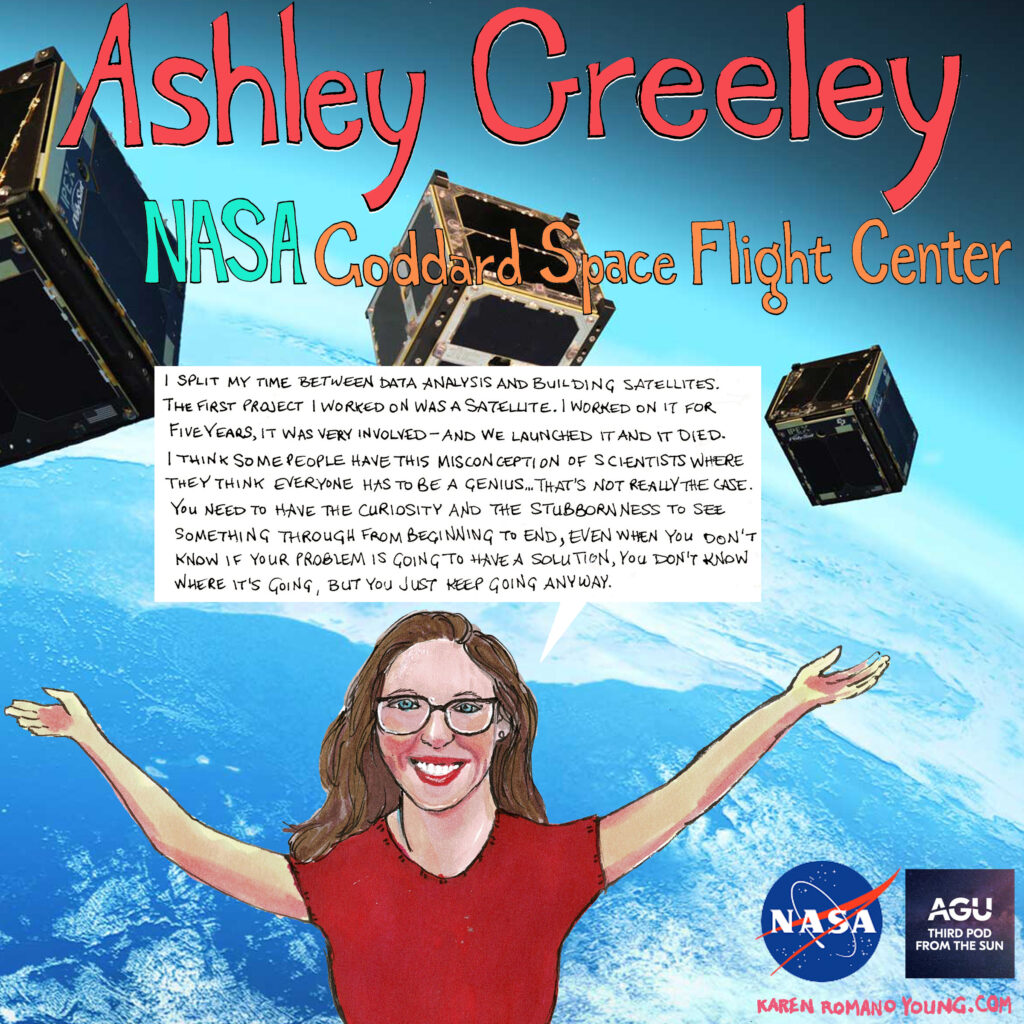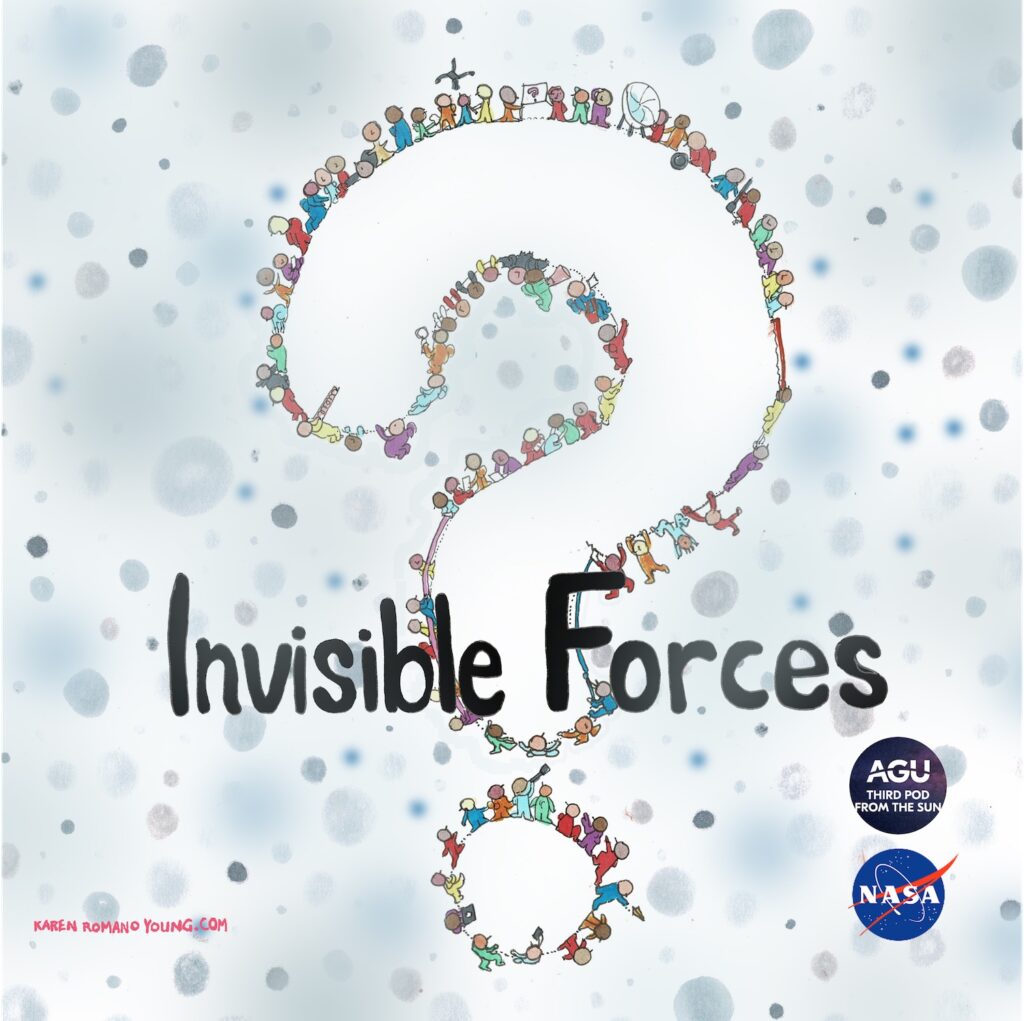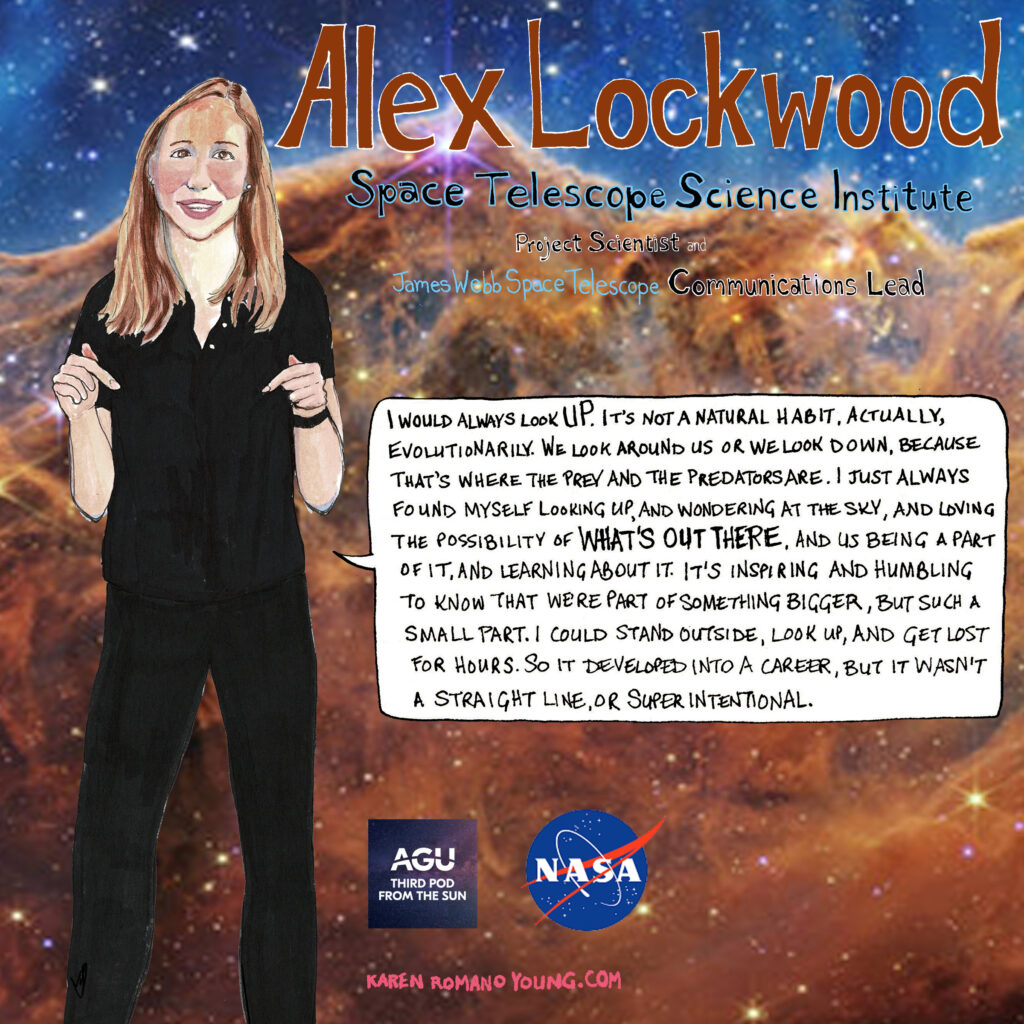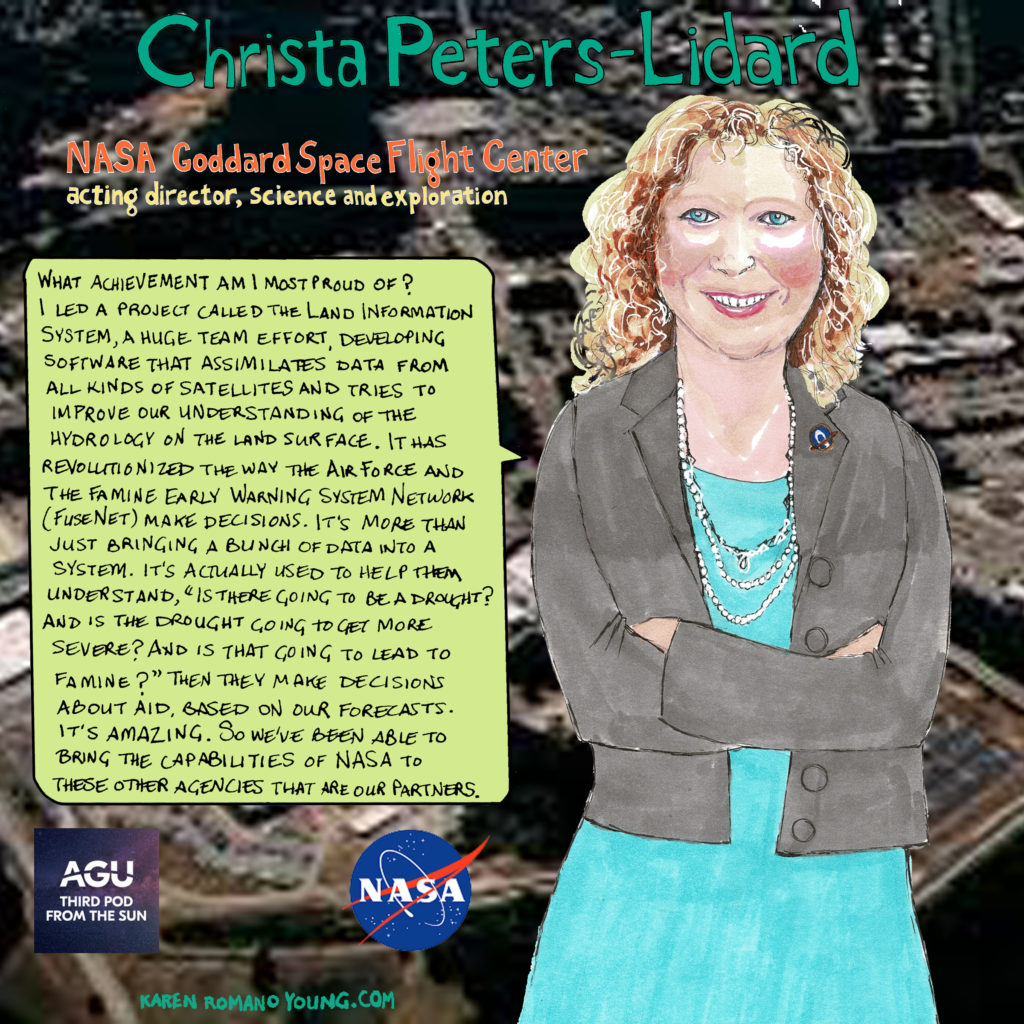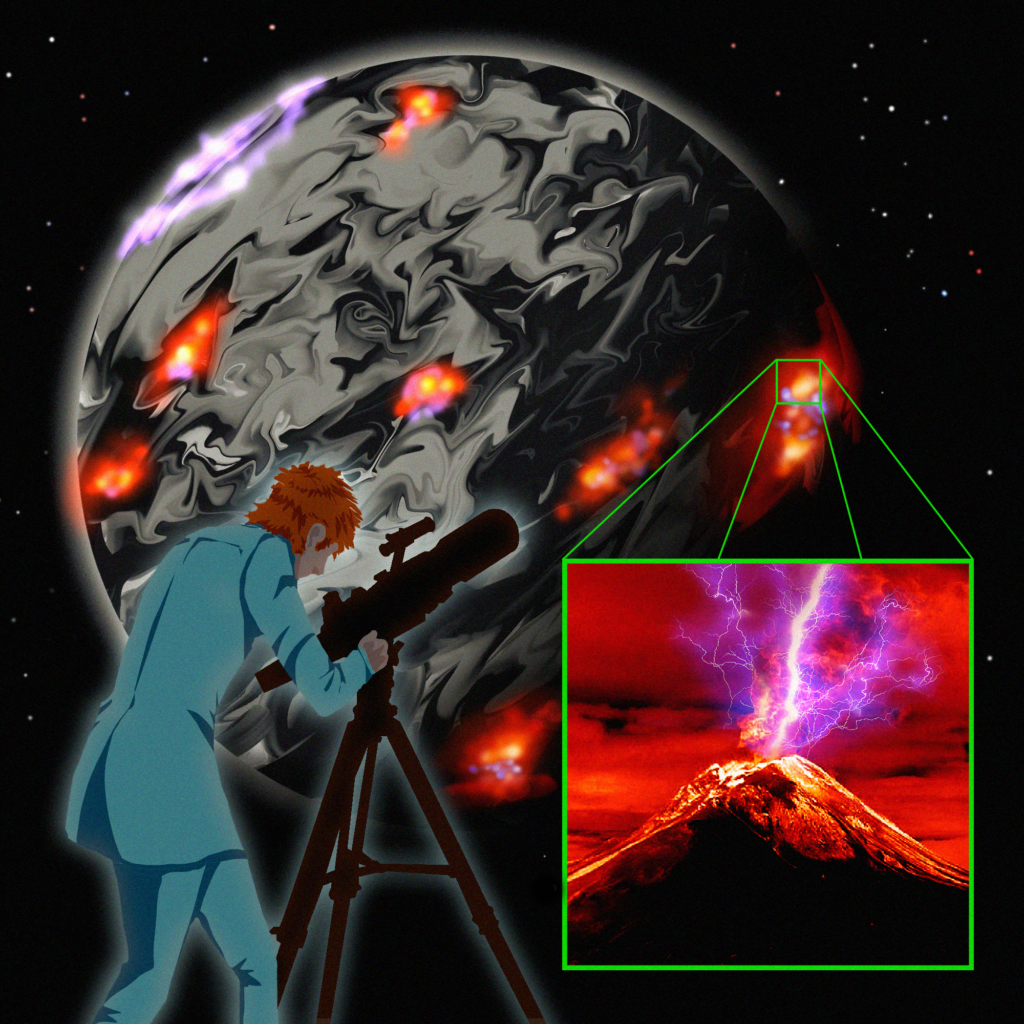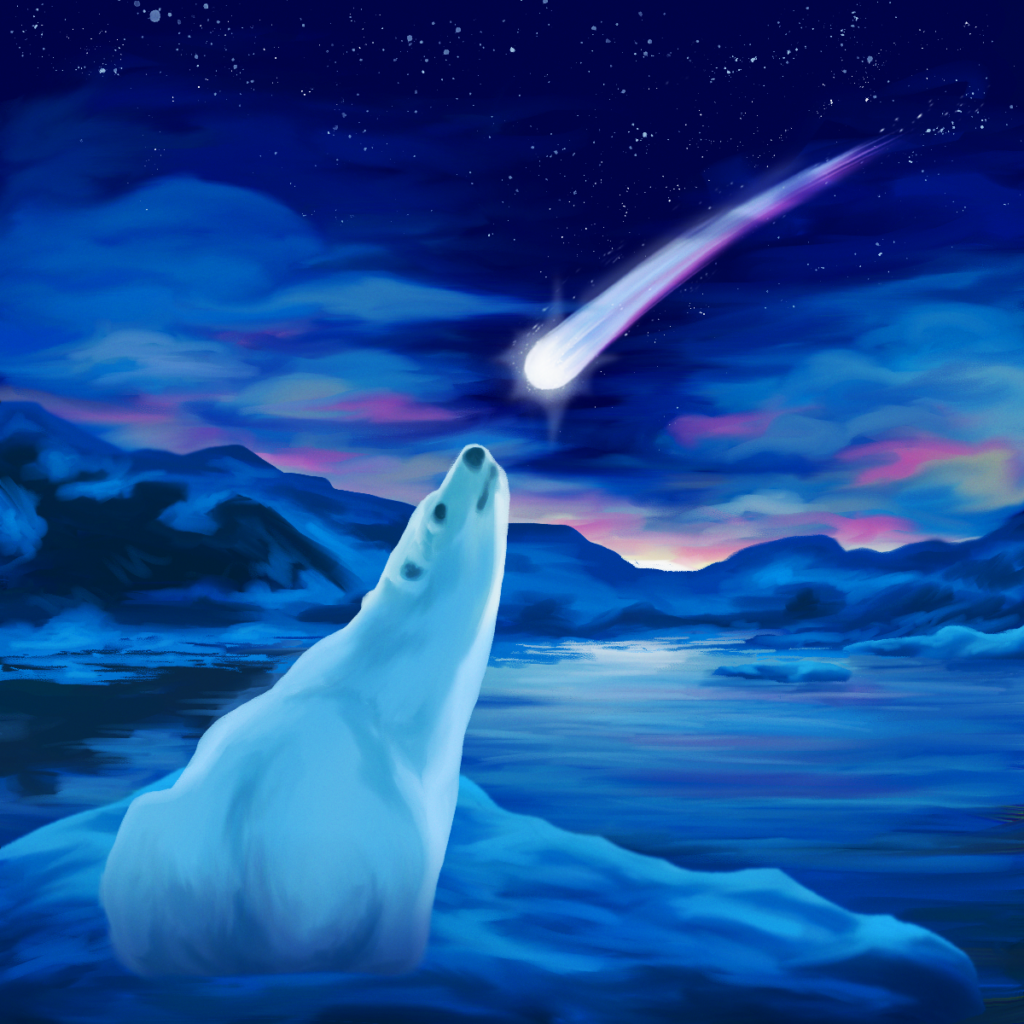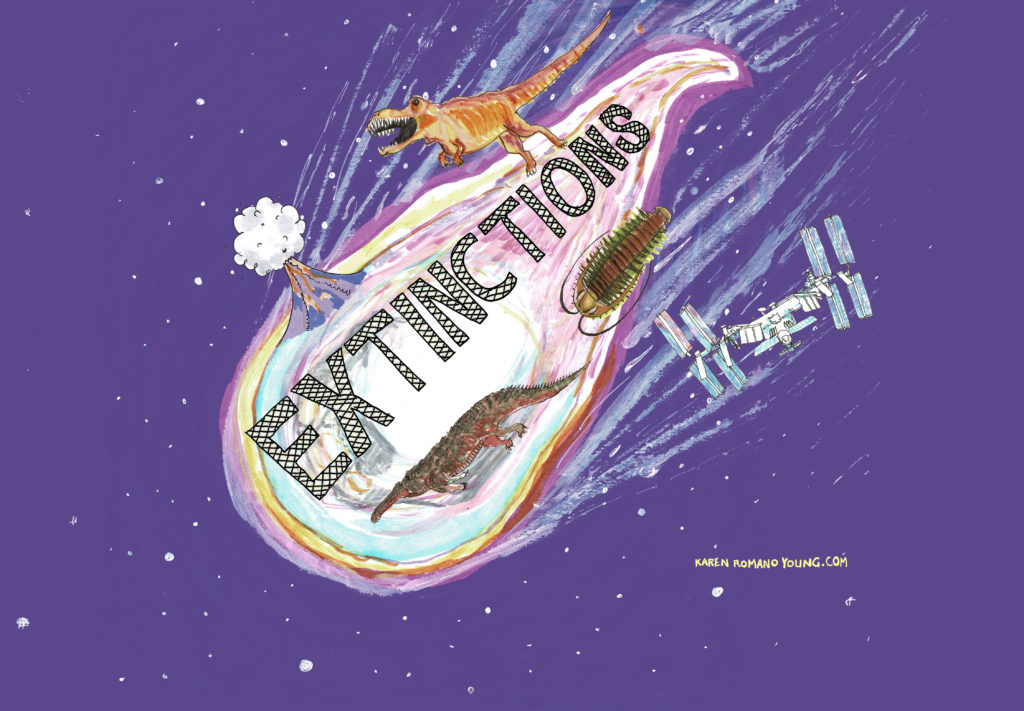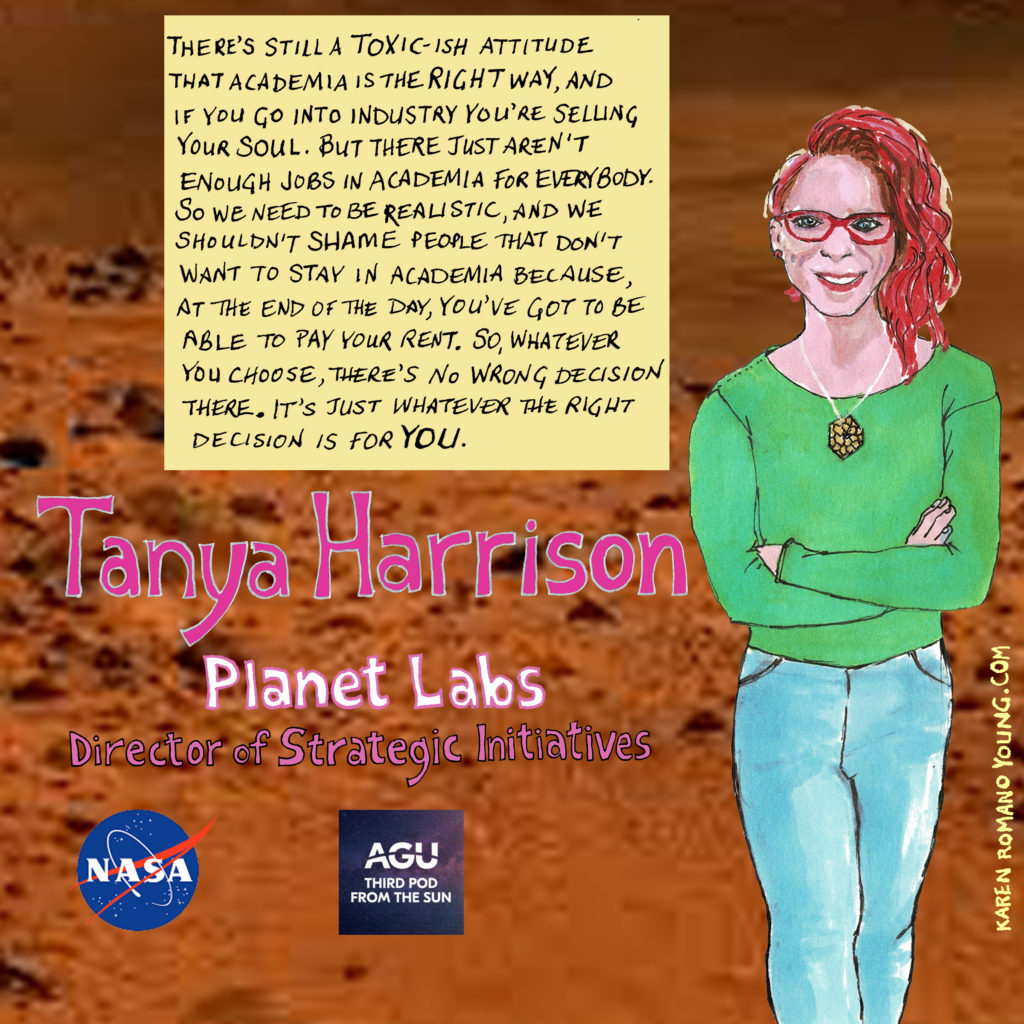Posts Tagged ‘Planetary Science’
Invisible forces: Gravity of the (Venus) situation
What goes up must come down, right? Well, what if things go up and come down slightly slower than you might expect? Are there balloons attached? Filled with helium?
Are you on Venus?
Read MoreInvisible forces: Fielding Earth’s magnetic mysteries
What was the first big project you worked on at your job? An important report? An interesting experiment?
How about helping to build a satellite?
Read MoreInvisible forces
We’re journeying into the mysterious world of invisible forces that shape our lives in ways we often overlook for our next series! Join us as we, explore nuclear energy, feel the pull of magnetic fields, and more.
Read MoreOne giant leap: For James Webb and scientists on the silver screen
Dr. Alex Lockwood is the project scientist on the science communication team for the James Webb Space Telescope at the Space Telescope Science Institute. While earning her Ph.D. in Planetary Astronomy and Science, Alex had the unique opportunity to star in a movie about the challenges faced by grad students.
Read More36-Spaceship Earth: Overseeing space…& Earth
When Christa Peters-Lidard cold-called the head of NASA’s hydrology lab as an undergrad, she wasn’t thinking she’d eventually land that very position. Now as the Acting Director for Sciences and Exploration at NASA’s Goddard Space Flight Center, Christa oversees several critical programs – either orbiting, like the James Webb Telescope, or currently in development – by ensuring scientists have the resources they need for a successful mission.
Read More28-Fire: Does a planet need life for fire to burn?
Think about what types of things burn: wood, grasses, fossil fuels… mostly things that were formed by life. Fire also requires oxygen, which is largely produced by life. Did Earth have fire before life evolved? Could any other planets have fire? If there were an exoplanet with fires burning, would we have any way to detect that?
Read More10-Extinctions: Showdown of the giant space rocks
Dani DellaGiustina is one of the youngest leaders of a NASA mission, and she was in charge of image processing for OSIRIS-REx before she even got her PhD. OSIRIS-REx is a spacecraft sent to study asteroid Bennu and scheduled to return a sample to Earth in 2023.
Read More6.5-Extinctions: Dinosaurs, volcanoes, the space station, oh my!
Join us for our next six-part miniseries on Extinctions as we learn about the demise of the dinosaurs, what makes a comet “extinct,” the Cambrian and Triassic periods, volcanoes, and the aforementioned (planned) fiery end of the International Space Station!
Read More3-True story: A Martian on Earth
Tanya Harrison never thought she was going to be an astronaut. But she was determined to go to space. And she did just that – through satellites, first to Mars, and now looking back at our own third rock from the Sun as she uses satellites to map places near and far. We talked with…
Read MoreTrue (science) stories you’ve never heard before
Third Pod from the Sun is back, and we’re going weekly! Join us as we combat misconceptions about sharks, learn how to lasso lizards, hear from a Martian here on Earth, spark science joy via Tiktok, journey to Antarctica, and fight over food with some capuchins!
Read More
